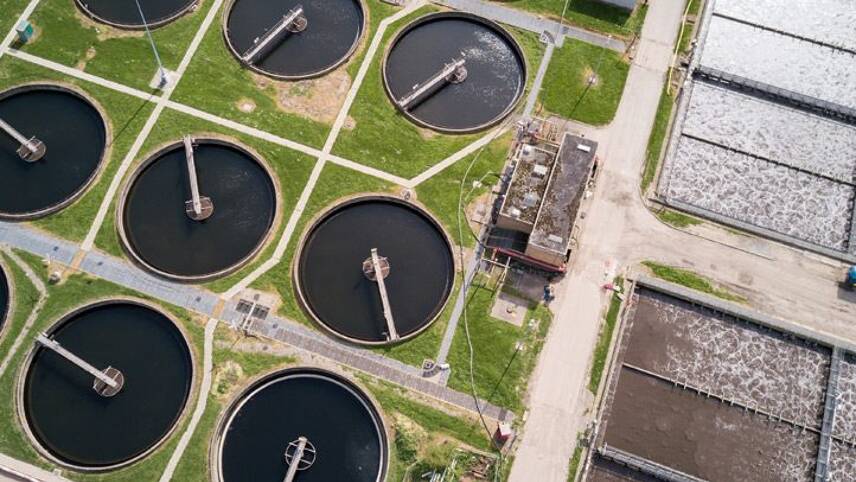Register for free and continue reading
Join our growing army of changemakers and get unlimited access to our premium content

Between 2011 and 2019
the UK’s nine major water and sewerage providers, including Yorkshire Water, Anglian Water and United Utilities will use the Routemap to create a net-zero water supply for customers, in a move that could reduce sectoral emissions by more than 10 million tonnes.
The Routemap estimates a potential investment of up to £4bn, based on current available technologies. The 10-point plan will outline how the production of biomethane from sewage waste will allow green gas to be injected into the grid and heat up to 150,000 homes. Additionally, the sector will facilitate the development of up to 3GW of new solar and wind generation – enough power to meet 80% of the sector’s electricity demands
In addition, the water companies will commit to transitioning 100% of passenger vehicles to electric and 80% of commercial, Heavy Goods and Large Goods Vehicles to alternative fuels.
The companies will also restore 20,000 hectares of peatland and grassland, and will plant 11 million trees.
Water UK’s chief executive Christine McGourty said: “This Routemap is a crucial step forward in setting out the industry’s vision for tackling climate change as we work towards a green and resilient recovery for society, the economy and the environment.
“We don’t have all the answers, and we can’t do it alone. But with the support of government, regulators and the supply chain, we believe we can deliver a net-zero water supply for customers that also helps build the green skills and solutions needed to protect the environment for generations to come.”
Sector success
The Net-Zero Routemap builds on strong efforts within the sector to decarbonise. Between 2011 and 2019, gross operational emissions have fallen by almost 45%.
In August 2019, the water companies committed to planting 11 million trees in order to improve the natural environment across 6,000 hectares of English land as part of the overarching ambition to become a carbon-neutral sector by 2030.
Later that year, the sector named Ricardo and Mott MacDonald as the consultancies that will act on behalf of Water UK and UKWIR to carry out research that will create a practical, step-based approach to the net-zero pledge.
Ofwat spokesperson commented: “We are delighted to see the industry taking proactive steps to significantly reduce its carbon footprint. We welcome the 2030 Routemap as a step towards the ultimate goal of embedded and operational net-zero by 2050. We look forward to working with the industry towards this goal while challenging them to ensure net zero is achieved efficiently, keeping water affordable to all customers.
“We are pleased to see the emphasis the industry is placing on the need for innovation and cross-sector collaboration in reaching net-zero, and the strong focus on nature-based solutions in their Routemap. Such approaches deliver multiple benefits we all want to see – from lower emissions to improved river quality and biodiversity. Today marks an important point in the net-zero journey. We will look at the detail of the Routemap, and will play our part in enabling the industry to make the strongest possible contribution to the country’s net-zero aims.”
Join the conversation at edie’s Net-Zero Live
Net-Zero Live 2020 is now underway. Taking place over three days (November 10-12) in a virtual format, this event includes high-level keynote talks, interactive panel discussions, facilitated networking sessions and educational masterclasses, as well as virtual exhibition booths showcasing the cutting-edge net-zero technologies and services that will shape the decade ahead.
Register now to hear from experts on Day Three of this jam-packed event. Click here for registration forms and for the agenda.
Matt Mace


We could biochar all sewage to turn it into a soil improver and carbon storage, which cuts down the hormones entering the sea by 90%.
Shutting all turbine generators by going renewable will double the supply of fresh water that the UK has.